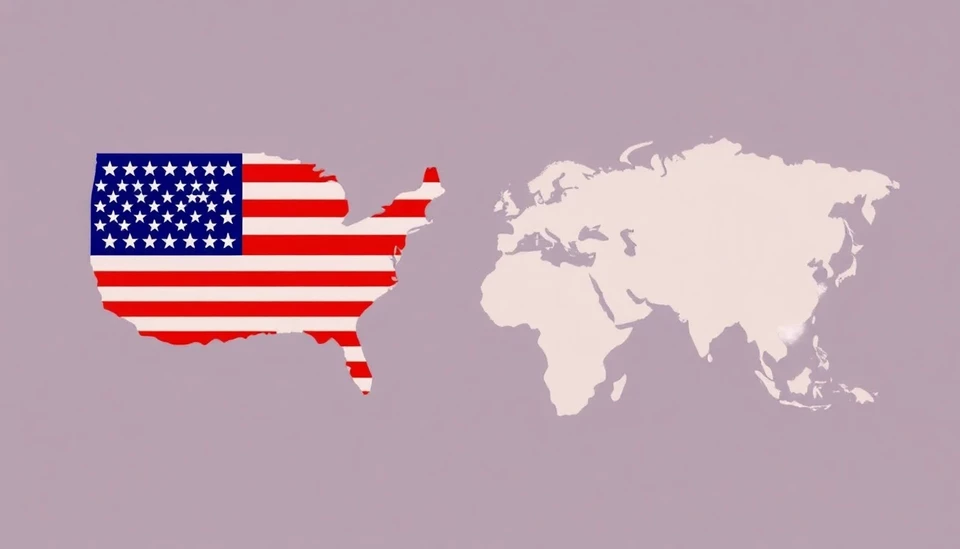
In a significant shift in trade policy, former President Donald Trump has proposed a series of reciprocal tariffs aimed at imposing additional taxes on imports from countries that he perceives as unfairly benefiting from trade agreements with the United States. This strategy, reminiscent of his previous trade policies, is expected to have wide-ranging consequences for the global economy, impacting both American consumers and international trade relations.
Under this plan, Trump intends to target nations that maintain tariffs on American goods while offering little protection for U.S. exports. By introducing reciprocal tariffs, the former president aims to create a more level playing field for American manufacturers and workers, who he argues have been disadvantaged by the current trade practices of key international players.
Countries that are likely to bear the brunt of these tariffs include China, the European Union member states, and other nations that have historically imposed their own barriers against American goods. As Trump positions himself for another potential presidential run, these tariffs could galvanize his base by appealing to patriotic sentiments regarding American industry and jobs.
An analysis of the potential impact reveals that U.S. companies and consumers might face increased prices for a variety of goods ranging from electronics to automobiles. Economists warn that while the intent is to protect American manufacturing, the broader implications could lead to trade wars and higher costs for everyday consumers.
The economic fallout from these tariffs may lead to retaliation from affected countries, which could further escalate tensions in international trade relations. Nations targeted by Trump's tariffs have historically responded with their own countermeasures, leading to cycles of tariffs and retaliation that complicate global commerce.
Looking ahead, the effectiveness of Trump's proposed tariffs in achieving their intended goals remains to be seen. Critics argue that while they may offer short-term relief to certain sectors, the long-term effects could undermine global trade frameworks and international cooperation, which have taken years to build.
As Trump re-enters the political arena, his push for tariffs serves not just as a trade strategy but also as a rallying point for voters who feel sidelined by globalization. The ongoing debate over trade policies highlights fundamental questions about the balance between protecting domestic industries and the benefits derived from global trade.
In summary, Trump's reciprocal tariffs are positioned as a tool for protecting American interests in a complex global trading environment. However, the potential for escalation, retaliation, and higher consumer costs raises important questions about the true cost of such policies for both the U.S. economy and its relationships with key trading partners.
With the landscape of international trade constantly evolving, it remains crucial for stakeholders across the economy to stay informed about the ramifications of these tariffs and the broader implications for the future of trade relations under the specter of nationalistic policies.
#TrumpTariffs #TradePolicy #GlobalTrade #Economy #InternationalRelations #Tariffs #ReciprocalTariffs #AmericanManufacturing #ConsumerImpact #TradeWar
Author: Daniel Foster




